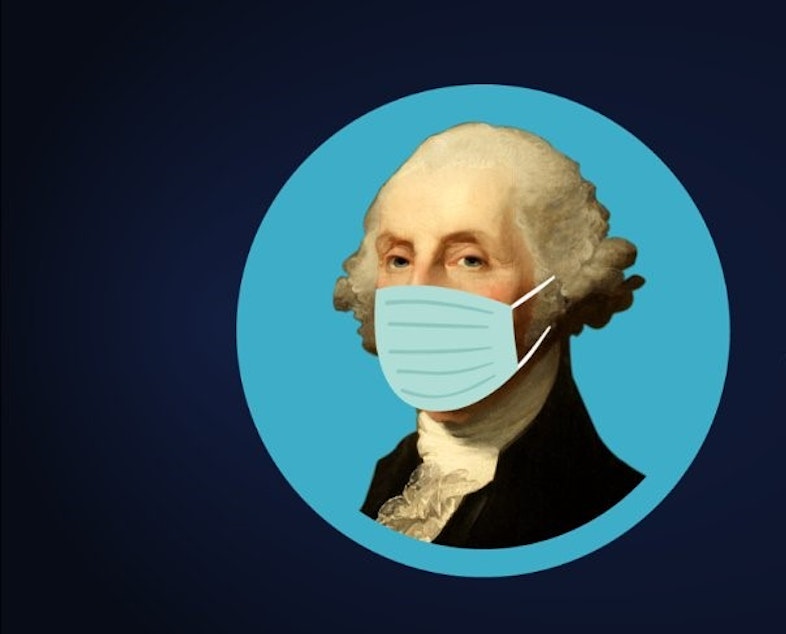Secretary of Health ‘very concerned’ about rising coronavirus cases

Just three months ago, Washington state was held up as a national model of how to respond to the coronavirus and flatten the curve. That's no longer the case.
New infections have been heading steadily upward since the end of May.
The State Department of Health now says the virus is on a path to runaway growth in Washington.
To find out why, and what we can do to prevent it, we spoke to John Wiesman, the State Secretary of Health.
This interview has been edited for clarity.
The number of daily cases is higher now than it was at the state's previous peak in March, when the governor ordered a statewide shutdown. How concerned are you right now?
John Weisman: We're very concerned. The virus was growing all across the state, with the exception of Yakima, where actually rates are starting to finally come down there. We're just seeing a lot of interactions that folks are having increasingly. The spread is occurring now in younger folks, and now starting to spread from there. So, we're very concerned.
There have been numerous anecdotes of people gathering: parties of more than five people, young folks barbecuing in the park, for instance, close together. What is your responsibility in getting people to tune into what you're saying, and not tune out?
The responsibility here is for everybody to stand up, pay attention, and realize we're still in a pandemic; and that we can't go back to our usual engagements that we had before the pandemic. That just simply is not the condition that we're in.
The virus is there. People spread this virus without even knowing they have it, because you can spread it before you develop symptoms. We all need to take this responsibility to do what we've been saying, which is: 1) limit your activity; 2 stay six feet away from others, and wear face coverings.
I know that young folks can feel invincible, but there are hospitalizations that are happening in all age groups, people on ventilators in all age groups, and we really need to take this seriously.
I want to ask you about schools. All the parents of K-12 kids I know are wondering if in-person instruction, or something close to normal routines, could come back this fall. What do you think families should prepare themselves for?
I think families need to prepare themselves for both a hybrid approach, as well as some in-person instruction, as well as home, as well as being prepared for perhaps starting with all in-home instruction. I know that's really challenging. All of us want kids back in school. I want kids back in school. It’s the best place for them to learn, and grow, and develop socially. Those are really, really important.
It comes back to all of us doing our part, and really minimizing our social interactions outside of our household. If we're going to want our schools and our kids back in school soon, or anytime during the fall, that's what we all need to come together and collectively do.
It has been six months since Washington saw its first coronavirus case, the first confirmed one in the country. Six months on, there is no federal testing strategy. There is no federal plan to provide the country's essential workers with adequate personal protective equipment. Do we alone, as a state, have the tools we need to tamp this outbreak down?
The governor and I, we've all been actually calling for this federal action as you just described, and needing that leadership. Right now, states are left to fend for themselves, whether it's trying to purchase personal protective equipment, if our healthcare settings can’t purchase those on their own, testing supplies. We need federal leadership, we've been calling on the president for that, and are really needing that to change.
Now, in the meantime, we're forced to do what we can to procure these supplies as best we can, and to sort of forge ahead, but this lack of a national strategy isn't just hurting Washington, it's hurting all of our states.
....Staying home is still the safest, but if you go out, please keep it quick. Keep your distance, and wear your face coverings.
Listen to the interview by clicking the play button above.





